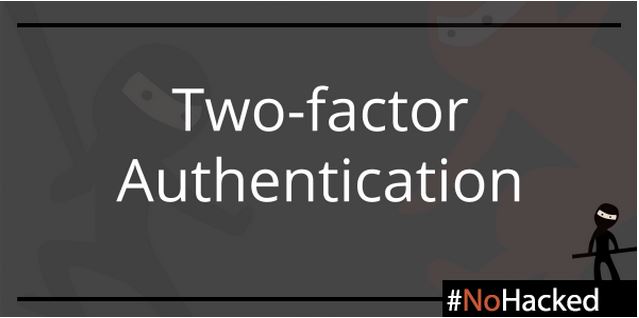Protect your website with Google’s #NoHacked Campaign, Part 2
Two–factor authentication greatly increases your website security. While safeguarding sensitive login information is essential, social engineering attacks and other forms of hacking can still steal passwords with alarming ease.
To protect your website from hackers, implement two–factor authentication wherever available. Two–factor authentication supplements your password login with verification from an outside source. For example, in addition to entering your password to a site or application, you’ll need to enter a verification code texted to your cell phone.
Ensuring your web security is crucial in an age when virtually all information is digitally stored. A hacked website can lead to compromised client information and personal data. That’s enough for a business to potentially lose huge profits in productivity alone.

Google provides a 2–Step Verification option for all accounts, from Gmail to business apps such as Google Analytics. Not only can you use your phone or a hardware token for supplemental verification, you can even download the Google Authenticator app designed for the process.
Google’s open source code also makes it easy for hosting providers, Content Management Systems and other platforms to add their own two–factor verification.
Do you protect your website’s security with two–factor authentication? See Google’s #NoHacked article for more tips on making your site as secure as possible.